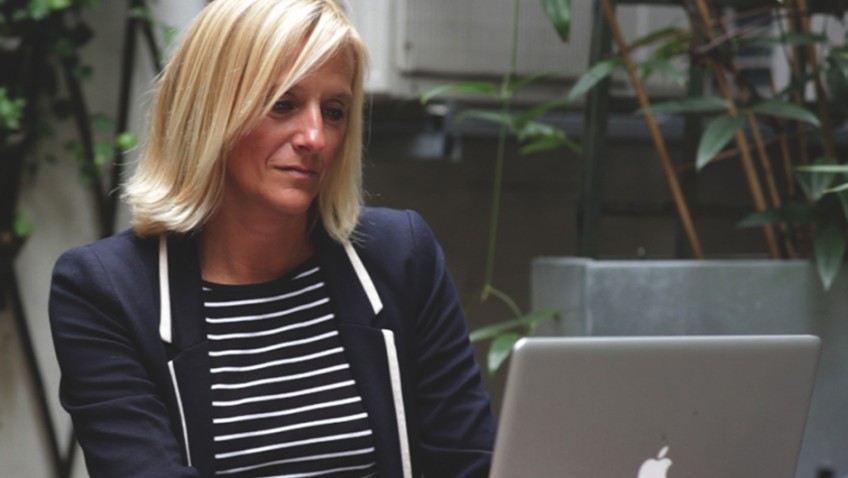There was a time when, if you found yourself in a doctor’s surgery waiting room, at a bus stop or waiting for your friends to arrive in the pub, you would also find yourself engaging in face to face conversation with other people in the same situation. Some of these conversations may have been about the weather, the bus that’s late again or what you’re having to drink; others may have developed into something more meaningful – an act of kindness such as an offer to help carry shopping, a compliment, the start of a new friendship – but all will have been real, voice to voice, eye to eye, human conversations.
Bowed heads and tapping thumbs
But is this becoming a thing of the past? Is it now more likely, that when you arrive in the waiting room and look around for an empty seat and a friendly face, that you are instead faced with an array of bowed heads and tapping thumbs? Are we in danger of a society that is so plugged in to the internet and social media that it is completely plugging out of real life social interaction? And could this be compounding the loneliness epidemic that is sweeping the UK?
Using the internet and social media doesn’t only distract you and take you away from the physical moment and potential face to face social experiences you may have, there is also evidence that it can fuel negative feelings such as envy and paranoia, feed insecurities and contribute to poor mental health. Instead of making you feel more connected, it can, in fact, make you feel more alone; it’s perfectly possible to have 400 Facebook friends but still feel lonely.
What makes us feel lonely is the big question Brunel University London hopes to help solve with a new nationwide study that has launched on BBC Radio 4’s All in the Mind.
The Loneliness Experiment is likely to be the world’s largest ever experiment on loneliness and is an online survey to explore the nation’s attitudes and personal experiences. It aims to find out what factors contribute to loneliness, what part relationships, connection and social media play and what has helped people experiencing it.
The survey has been developed by academics at the University of Manchester, Brunel University London and the University of Exeter, with the aid of a grant from Wellcome, in the hope it will increase understanding of one of the major issues facing society today.
In the news
Claudia Hammond, presenter of BBC Radio 4’s All in the Mind explains: “We’ve heard a lot about loneliness in the news recently with the Jo Cox Commission and the appointment of a Minister for Loneliness. It’s clear that loneliness has been brought into focus, but there’s a lot that is still unknown about it. We want as many people as possible to take part in the Loneliness Experiment to help discover not only who is likely to feel lonely, but what it is that can propel people out of it and help them feel more connected to others.”
The survey aims to uncover which times of life people are most likely to feel lonely, whether personality and life circumstances affect people’s experience of loneliness; how new technology and social media affect loneliness and how people who are lonely are viewed by others.
People are invited to take part, whether or not they have experienced loneliness. The aim of the project is to increase understanding around prevention, as well as examining the solutions people have found most useful.
The survey takes less than 40 minutes to complete, and those who participate will be able to see instant feedback online, tracking some of the results so far.
Clear picture
Pamela Qualter, Professor of Psychology at the University of Manchester, who is leading the study, says: “Loneliness is at the forefront of many people’s minds, and is being discussed in the media almost every day. we want to explore how it may be linked to mental health, and whether there is any relationship, for good or bad, between loneliness and internet use. We are also keen to know if there is still a stigma surrounding loneliness. We hope that the results will provide us with a clear picture of what life is like for lonely people at different ages in the UK and beyond”.
The results will be analysed and announced in the autumn at an event in the reading room at Wellcome collection and broadcast on All in the Mind on BBC Radio 4. There will also be a Radio 4 series, Anatomy of Loneliness, and a set of specially commissioned dramas.
The Loneliness Experiment can be found via the BBC Radio 4 website or at www.thelonelinessexperiment.com


